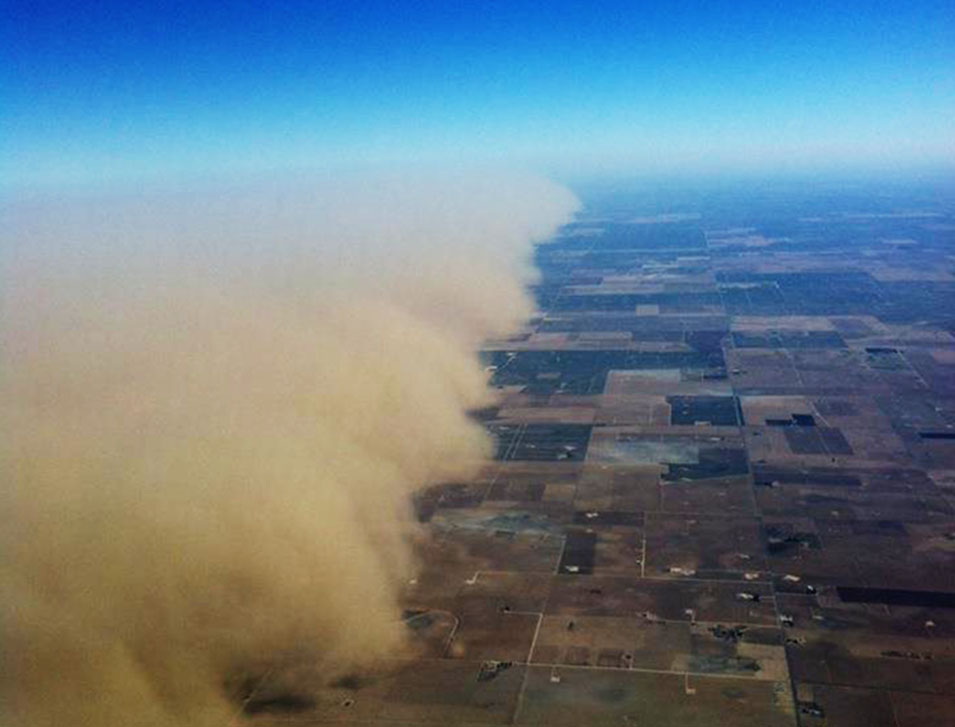
Research teaches us that we are made up of approximately 100 trillion microbial organisms called microbiome that help our bodies perform life-sustaining functions, such as protecting us from germs and breaking down our food.
In recent decades, researchers began learning more about the importance of microbiome and how it affects us from birth and throughout our lives. Then, we learned that we actually carry our own ‘microbiome clouds’ around our bodies within our homes and personal spaces that stem from our internal microbial states. And now, science is discovering that microbiome systems extend into other areas of the environment.
For example, researchers began studying the particulates of storms and windborne air. Specifically, a team at the Earth & Planetary Sciences Department of the Weizmann Institute of Science that was led by Professor Yinon Rudich began studying the makeup of the bacteria in windborne dust. This team has discovered the following:
- Not only does airborne dust in sandstorms/windstorms affect our health, BUT, it was recently discovered that bacteria attaches to the dust particles in windborne storms and is spread in the air, along with the dust.
- The unique microbial makeup of storms in various geographical areas are different from each other, thereby reflecting the ‘microbial states’ of the areas that they are covering.
- They also found that the level of bacterial presence and the number of bacterial species tend to increase with the intensity of the weather.
Although the research study was focused on analyzing the microbial makeup of the desert storms in the Sahara, Saudi and Syrian deserts, this research poses ramifications for everyone. Not only can the dust particles in blowing air affect one’s health, but the fact that these particulates also carry bacteria poses caution to those who may be exposed to strong breezes and windstorms. And, of course, this study has deep ramifications for those of us who may live in or near any desert lands.
